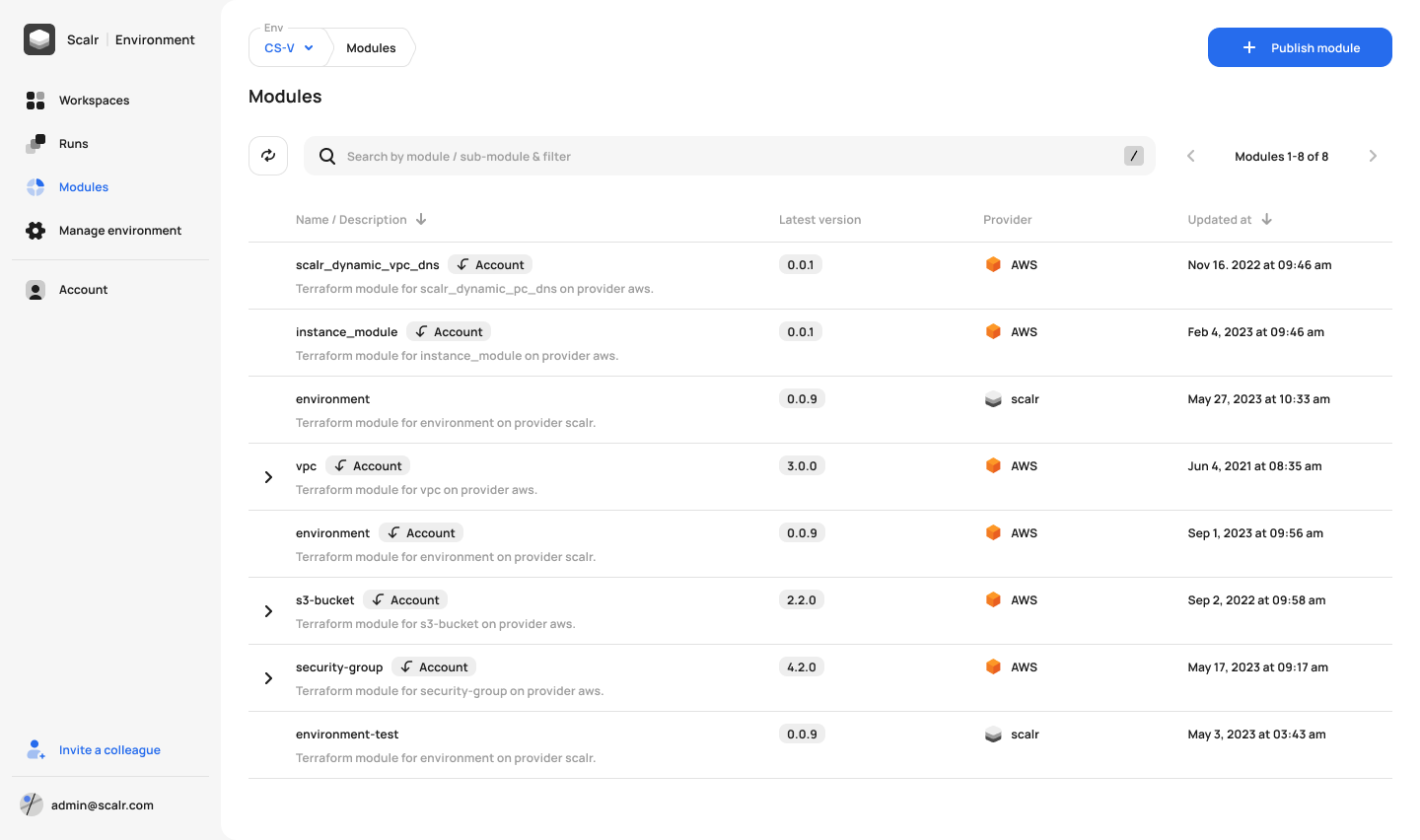Start using the Terraform platform of the future.

Terraform is a tool that helps automate the process of setting up and managing infrastructure resources in the cloud or on-premises. It allows DevOps engineers to define their infrastructure as code using a declarative language.
Instead of manually configuring servers, networks, and other resources, Terraform enables engineers to write configuration files that describe the desired state of their infrastructure. These configuration files can be versioned, reviewed, and shared like any other code.
Terraform then takes these configuration files and applies them to create, modify, or destroy the necessary resources to match the desired state. It interacts with various cloud providers and infrastructure technologies to make this happen.
Here's why Terraform is so useful to DevOps engineers:
1. Automation: Terraform automates the provisioning and management of infrastructure, reducing manual effort and human error. It enables engineers to quickly create and modify resources, ensuring consistency and reliability.
2. Infrastructure as Code (IaC): By defining infrastructure as code, Terraform allows engineers to treat infrastructure configurations like software. This approach brings the benefits of version control, collaboration, and repeatability to infrastructure provisioning.
3. Cloud Providers and Non-Cloud Provider Support: Terraform supports multiple cloud providers (e.g., AWS, Azure, Google Cloud), but also non-cloud providers like Github or Datadog, making it easy to manage all objects with infrastructure as code.
4. Dependency Management: Terraform can handle dependencies between different infrastructure resources. It automatically determines the correct order of provisioning and updates, ensuring that resources are created in the right sequence.
5. Change Management: Terraform tracks changes made to the infrastructure over time. This allows engineers to review and understand the impact of modifications before applying them. It also helps with auditing and compliance requirements.
6. Scaling and Reusability: Terraform modules enable engineers to define reusable infrastructure components that can be shared across projects. This promotes scalability, maintainability, and consistent deployments.
Overall, Terraform simplifies infrastructure management, promotes collaboration, and accelerates the deployment of infrastructure resources, making it a valuable tool for DevOps engineers.
Get started using Terraform today with Scalr!




